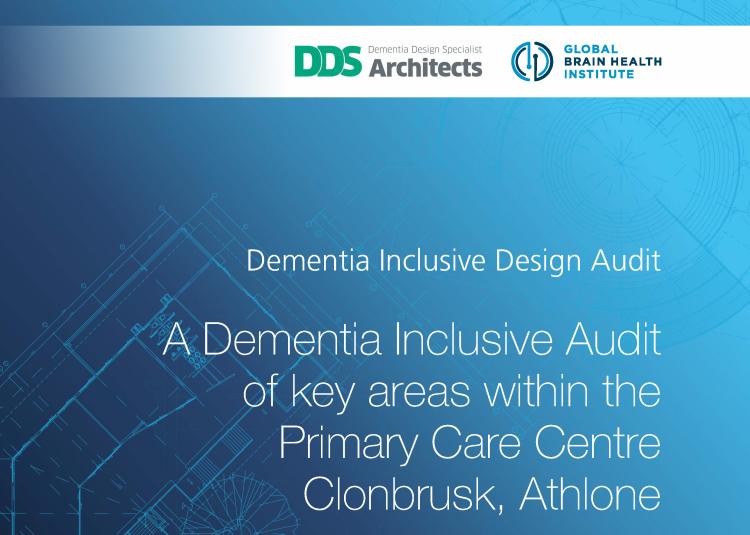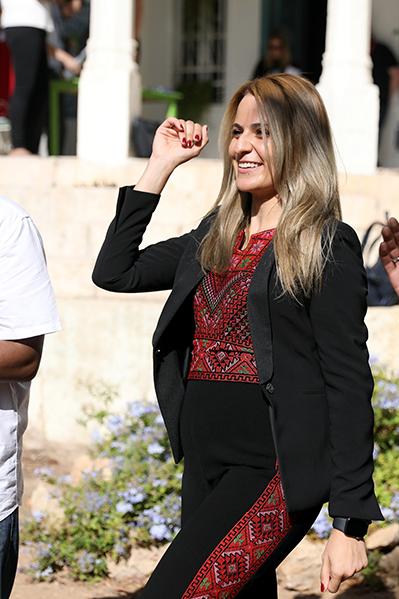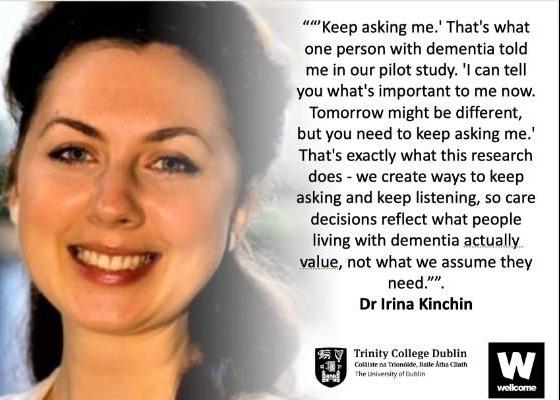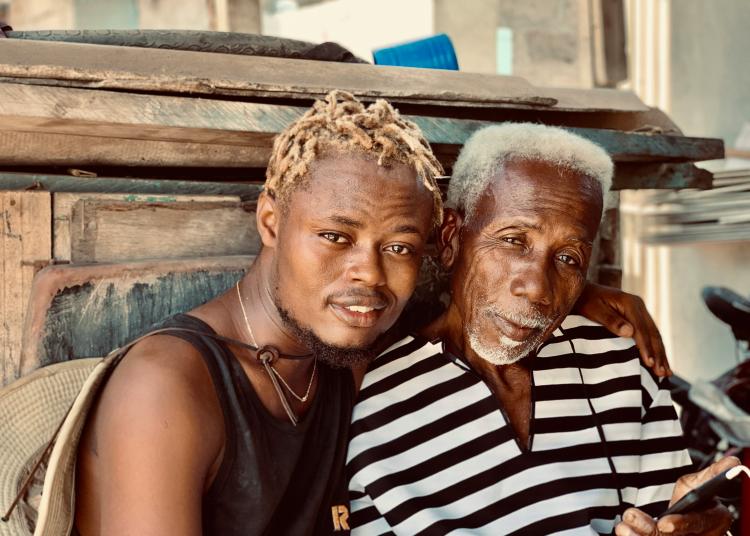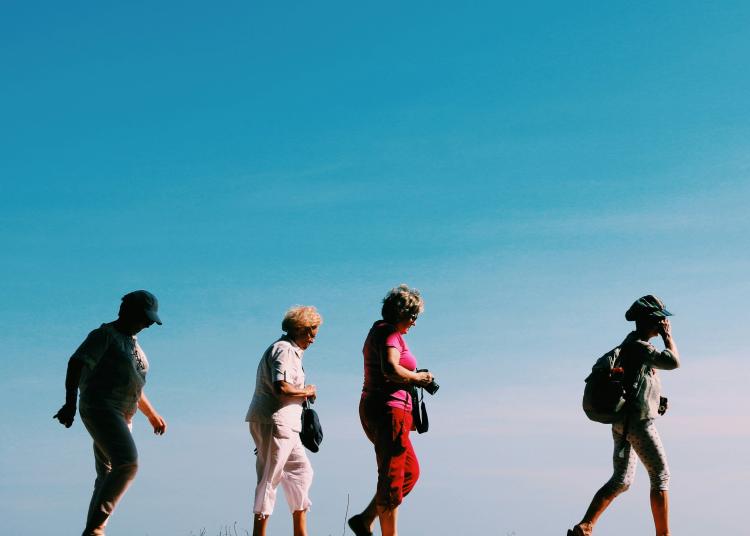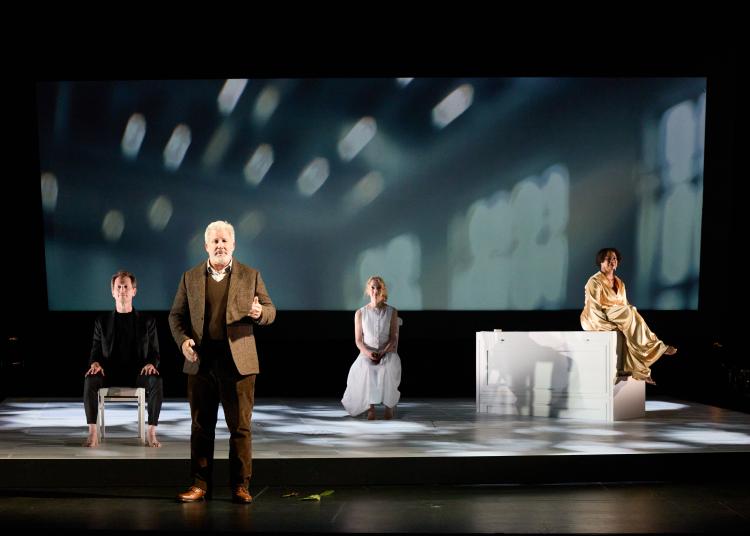Overview
Through a wide mix of disciplines, perspectives, and approaches, GBHI strives to improve brain health by advocating for populations facing social and economic barriers to care across the world. We strive to create knowledge, build the evidence base, and lead change in practice, perception, and policy across social, economic, and political institutions and communities worldwide in the areas of brain health and dementia prevention.
The relationship between GBHI and the communities we serve creates a force for change and a hub around which new initiatives can be centered—developing best practices through a highly collaborative approach.
The GBHI community and Atlantic Fellow for Equity in Brain Health network act as multipliers for individual efforts to engage with and influence policymakers. Fellows are supported in their work to influence institutions and systems and we aim to work alongside leaders in their own communities who are advancing and advocating for change in brain health and dementia prevention.
To achieve this goal, GBHI collaborates with partners and affiliates locally and globally including nonprofit, community-led, non-governmental, and governmental organizations. GBHI does not formally support or endorse any specific causes, actions, movements, or activities as an entity. As brain health leaders and advocates, Atlantic Fellows for Equity in Brain Health and GBHI community members are encouraged to uphold GBHI’s values and to use their work to make a positive impact on brain health equity in their local communities and on a global scale.
If we want equitable brain health around the world, it’s in our hands to set the example by being a force of change within our societies, driven by a passion for advocating and caring for people in need.
Al Za’atari Refugee Camp, Jordan
Motivated by the plight of the global refugee crisis, Tala Al-Rousan, Atlantic Fellow for Equity in Brain Health, co-designed the first Atlantic Thematic Forum on Displacement and Health in Jordan in 2019. The initiative involved 25 Atlantic Fellows, program leaders, and staff who explored the topic of displacement by visiting refugee camps, local universities, government officials, and the United Nations. Tala, a physician and epidemiologist, is studying the rates of cognitive decline in Syrians living in Al Za’atari refugee camp in Jordan and the hosting community.
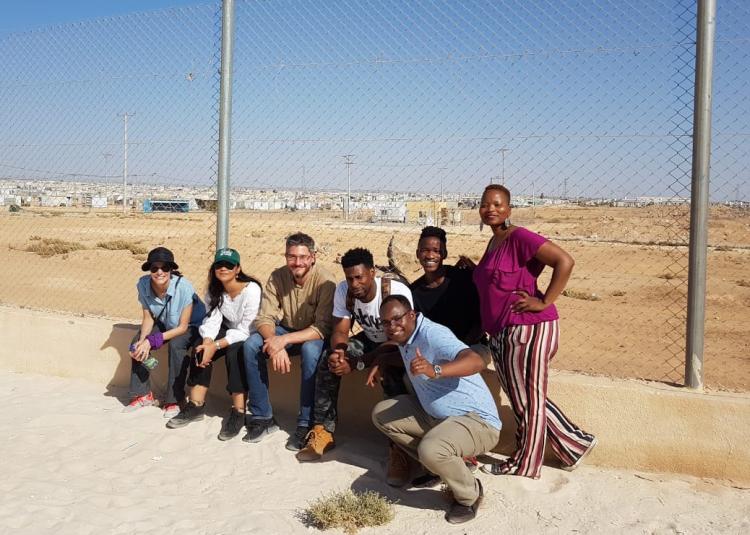
Brain Health Innovation Diplomacy
A team of diverse experts from six countries and 23 institutions, including Atlantic Fellows for Equity in Brain Health Laura Booi, Walt Dawson, and Agustin Ibanez, has developed “Brain Health Innovation Diplomacy” (BIND), a novel form of diplomacy that aims to manage technological innovation on brain health. The BIND team is considering the effects of “deep” technologies—including infotech, biotechnology, genomics, and robotics—on brain health screening, prevention, diagnosis, and management. The team developed a set of recommendations to train and educate.
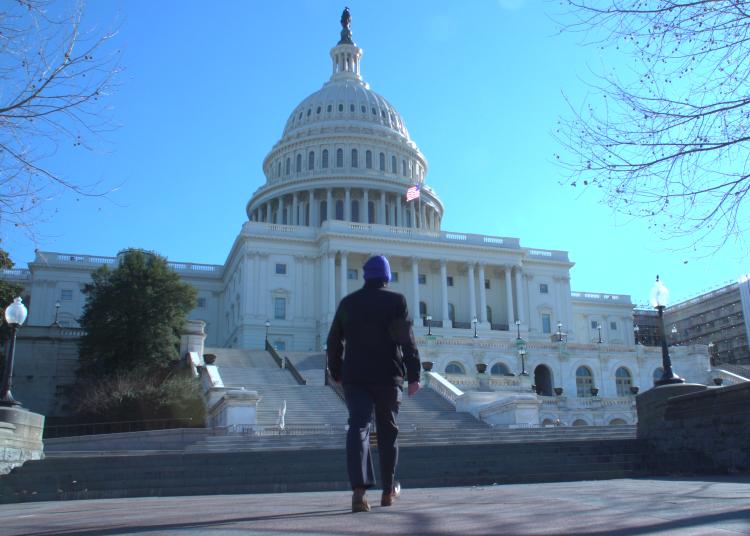
Creating Dementia-Inclusive Design
Atlantic Fellows Fiona and Greg Walsh have been working with the Health Service Executive (HSE), Age Friendly Ireland (AFI), and the National Dementia office (NDO) in Ireland. Their dementia-inclusive design audit looked at the suitability of the current design of a primary care facility for older people and people living with dementia. This audit will now inform all further health care facilities designs in Ireland and ensure they are truly more inclusive for people with dementia and cognitive impairment.
